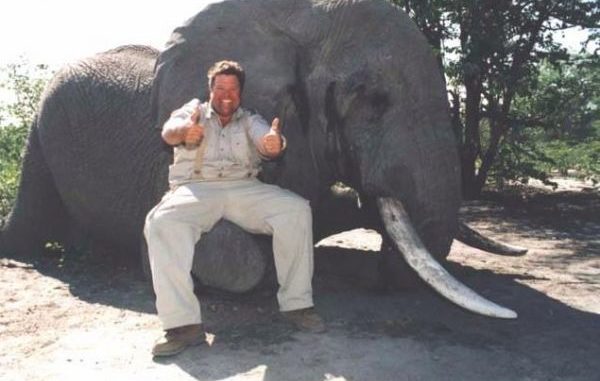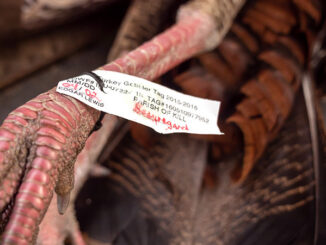
Non-hunters raise money with safari attacks
When I opened my Facebook account the other day, a post by a lifelong friend grabbed my attention. This friend had shared a link decrying an African safari taken by Jimmy Johns founder Jimmy John Liautaud.
Photos showed Liautaud smiling next to a downed elephant and a dead rhino, among other exotic game.
“Disgusting,” my friend wrote. “The size of the grin on this man’s face as he stands next to a dead endangered animal (an elephant) makes my blood run cold. It makes him look like a psychopath.”
A quick Google search revealed that elephants and rhinos, far from being endangered worldwide, are thriving in some African countries to the point that legal, regulated hunting is allowed.
So I couldn’t ignore the post, and we had a fairly good discourse on the merits of hunting — even when the targets are African big-game animals. We didn’t agree, but I shared some thoughts that go beyond the anti-hunting rhetoric.
The Jimmy Johns controversy harkens back to similar attacks on a Minnesota dentist who killed poor old Cecil the lion, which anti-hunters proclaimed “beloved” by everyone on the Dark Continent — in spite of locals’ bemusement at the social-media backlash that eventually drove the man into hiding.
The difference between the two episodes is pretty stark. Legal questions arose following the lion-killing, but a Business Insider report on the blowup over Liautaud’s hunt pointed out that “(t)here’s nothing to suggest any illegal activity.”
So what’s hunting more than 8,000 miles away have to do with us? I fear that such attacks are high-profile examples of how non-hunters can be swayed against the sport we love.
Those stirring up these controversies (think PETA) use hot-button words like “endangered” and “innocent” when talking about targets of these hunts — disregarding the fact that even the World Wildlife Foundation (not exactly a champion of our sport) even admits regulated big-game hunting is a valid means of injecting money into local African communities and conservation efforts. Oh, and never mind that international treaties strictly regulate the permitting process.
The key is that legal safaris are, well, legal. As such, hunters have every right to participate, and we shouldn’t sit on the sidelines and allow them to be lambasted and ruined when they go on hunts recognized by international treaties.
We also have to recognize that anti-hunting organizations leverage such attacks to raise money that will be used to chip away at hunting here in the good old U.S. of A.
So the next time you see one of these attacks on social media, do some research and give a well-thought-out response.
And be sure to stop by your local Jimmy Johns to support a fellow hunter.


